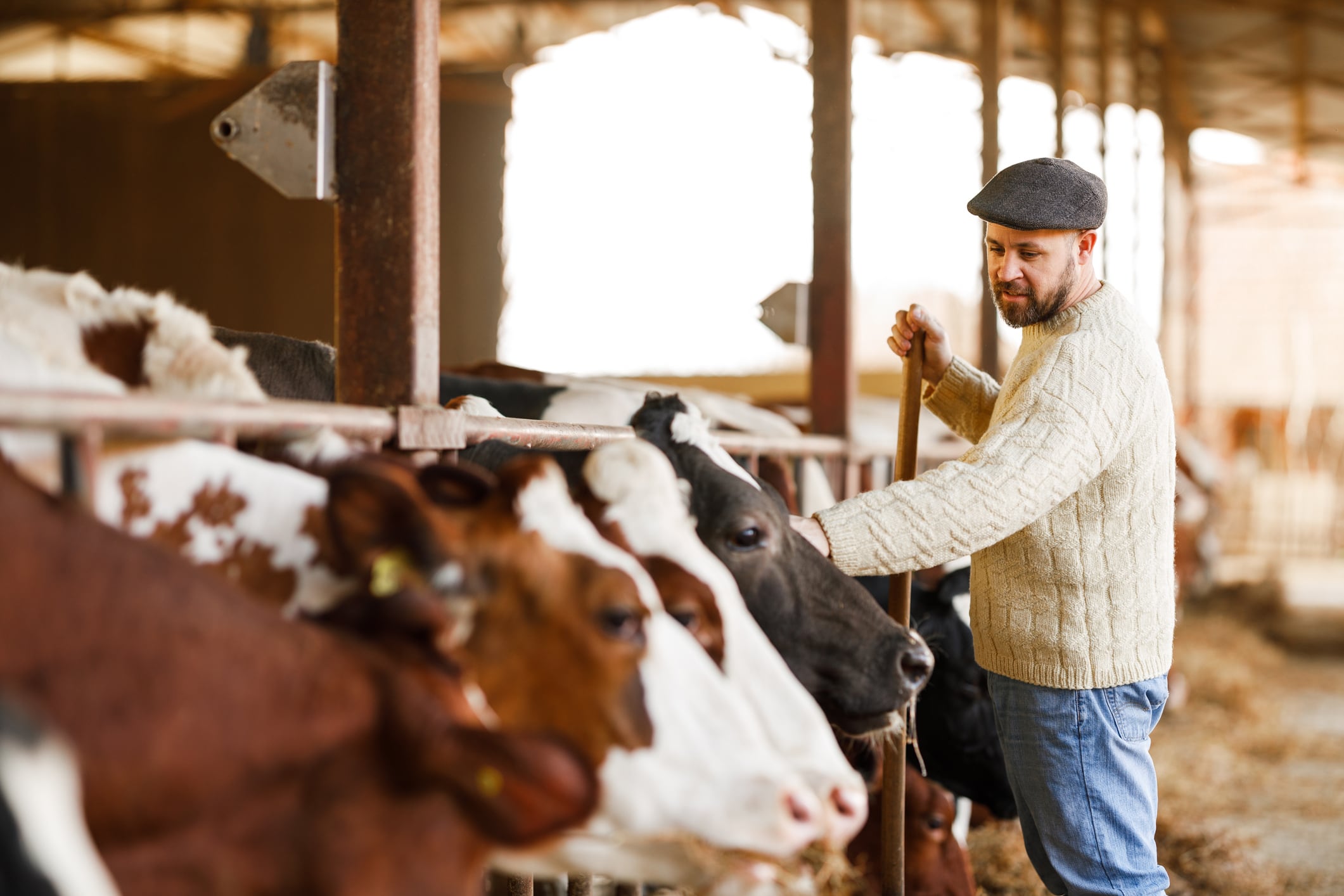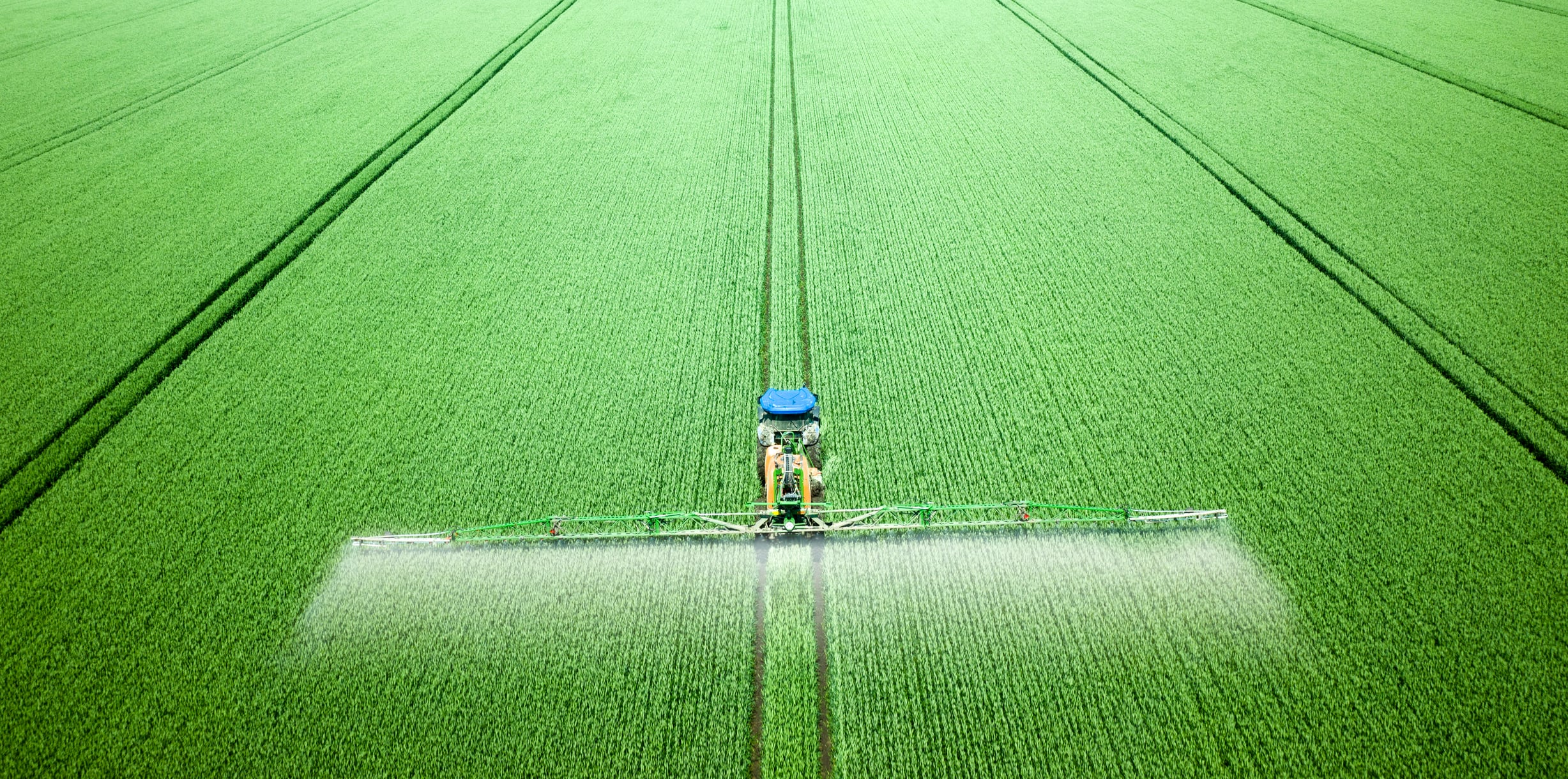Speaking to us at the recent World Agri-Tech Innovation Summit in London, Brookes emphasized the event’s value as a platform for identifying promising agri-tech solutions from both domestic and international innovators. “We do a lot of listening,” she said, noting the centre’s role in balancing farmer feedback, research breakthroughs, and government priorities to guide innovation adoption.
Bridging the gap between research and market
Brookes acknowledged the common issue of promising innovations stalling before reaching commercial viability. To counter this, the centre leverages its farm networks – including its South West Dairy Development Centre and smart farm – to provide real-world testing, trials, and demonstrations.
“We’re making sure the business is developing as well as the product,” she said, highlighting the centre’s integrated support model that combines technical validation with business development.
Success stories: Oxitec and Hoofcount
Two standout examples of innovation supported by the centre are:
- Oxitec: A biotech firm developing biological pest control solutions, which has seen commercial success both in the UK and internationally through smart farm trials.
- Hoofcount: A UK-based company offering advanced hoof health solutions for dairy cattle, now scaling its impact thanks to centre-backed testing and validation.
These cases illustrate how targeted support and strategic farm partnerships can accelerate adoption and commercial success.
Funding the future of agri-tech
The centre is funded by Innovate UK via the Department for Science, Innovation and Technology. Brookes noted that while funding cycles can be unpredictable, initiatives like the Defra-backed Adopt scheme and various R&D grants are helping SMEs move from concept to farm-ready solutions.
Collaboration is key, she added: “We’re not just working one-on-one. We’re focused on collaboration.”
AI, data, and the next wave of innovation
Reflecting on this year’s summit, Brookes said AI and data platforms were dominant themes. From soil health to satellite tech, she sees data-driven innovation as central to the next generation of agri-tech solutions.
“These new ideas are now coming into our funnel,” she said, “and we’re ready to support them.”



